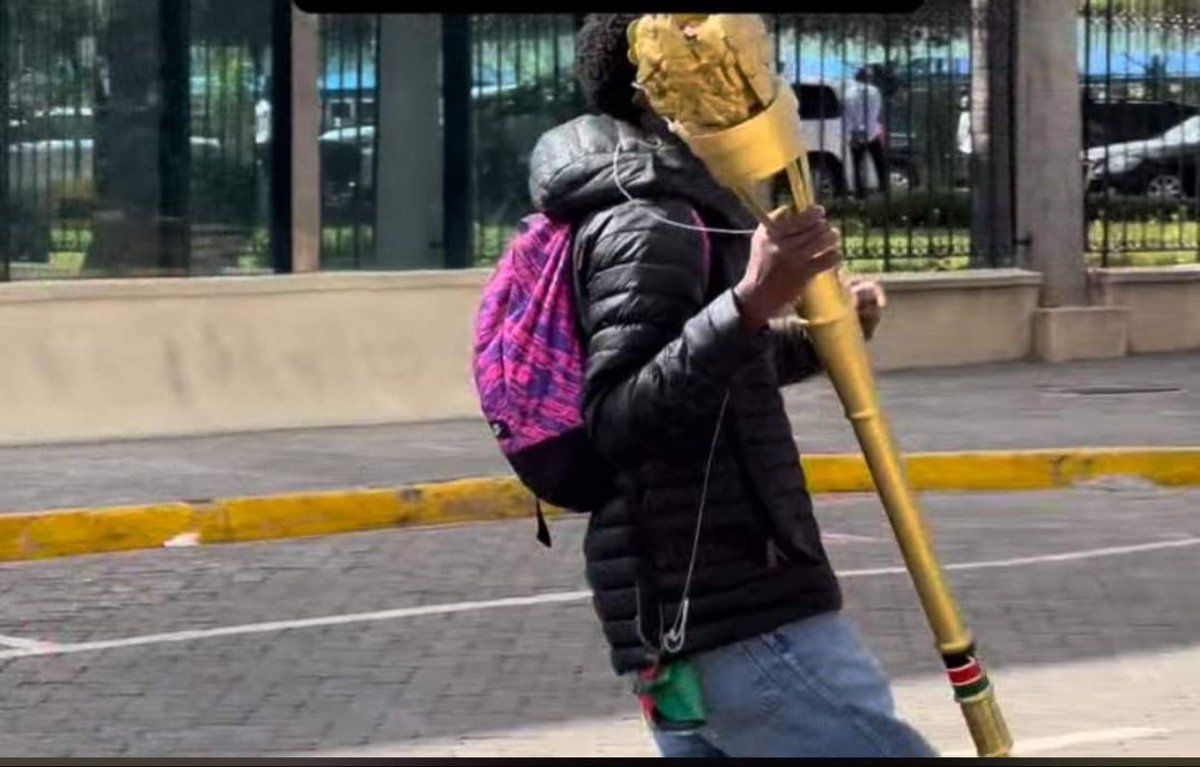When the Kenyan government wanted to force-pass a controversial financial bill, young people took to the streets in organic demonstrations that had no leader and were coordinated through social media. The “Gen-Z” are furious the bill is touching them directly, introducing a tax on bread, sanitary pads, and fuel, which in turn would hike the cost of public transport, even attempting to collect a sort of “pound of flesh” of 300Ksh (3 US Dollars), from every unemployed young person.
Why such overt government’s greed? The bill aims to alleviate hitherto overborrowing to fund white elephant projects: A railway that doesn’t break even, a city by-pass that barely addressed Nairobi traffic, renovation of overpriced infrastructure gravy trains, etc., ensuing signs of defaulting, calling in international financial institutions that impose stringed tax reforms to secure their payment.
But Kenya is a highly unequal country. Oxfam reports that less than 0.1% of the population (8,300 people) own more wealth than the bottom 99.9% (more than 44 million people). Four wealthiest families, including Former President Uhuru Kenyatta’s, have more wealth than 22 million poor Kenyans. Another past report showed that 8,300 individuals had more wealth than 44 million Kenyans. If any tax should be imposed, this is where it would look.
A Rwandan elder explains: “The current “Gen-Z” protest as a well-known phenomenon of the limitations of an orthodox liberal political economy in a pre-industrial society, where the few that have access to resources keep getting more while the newcomers -the youth – are not readily absorbed by the markets.”
This is true for many African countries. But in question really, are outdated post-independence arrangements. The share of the loot was decided in the sixties, at the departure of the white man. In some countries, the president is one of them, anointed by “The Families that might be”, living like royalty; Whenever the president is an outsider, he must rely on “The families” to maintain himself in power and has to frequently kiss the ring.
Those families, however, have ensured the lasting stability of countries such as Cameroon, Nigeria, and Kenya, despite timely political tensions.
In such a set-up, Gen-Z across Africa see a caste system in which they cannot break through the glass ceiling. They have been educated by the popularisation of education, and now want popularisation of the wealth as well, so they can live their dream lives, streamed daily on “socials” by their age-mates in Seoul, Dubai, Los Angeles, even Kigali. Never mind if the idyllic images are all edited and the bodies panel-beaten, but that’s another story…
So the question facing Africa today is: Should we break entrenched post-independence “ententes”, that have served as pillars of stability, keeping the dysfunctional states relatively stable for sixty years, yet, served as bottlenecks to collective happiness and social mobility? The answer isn’t that simple.
While João Laurenço initiated a peaceful and effective transition in Angola, he is desperately running out of time. Paul Kagame dismantled the cronies upon his accession to power and consistently thereafter. Officials go to jail, others are dismissed, others flee the country to become “opposition heroes” in Western media. Under the ruling Rwandan Patriotic Front, there is no single position in government whose holder hasn’t at one time been dismissed, jailed or fled the country for corruption.
However, the gatekeepers are also potential troublemakers. If Jacob Zuma’s recent take down of the ruling African National Congress (ANC) is anything to go by, depending on how you get rid of them, you can end up like Somalia, Sudan, Burundi, Libya – even South Africa, or you can end up like… well, who? Who has succeeded a transition? Perhaps Angola? Rwanda? Ethiopia? The jury is still out on these ones.
Our perpetually stoic friends – the Germans have a saying to that effect, it goes: «Better a horrible end, than an endless horror ». As a Rwandan, I am not so sure. Perhaps I may suggest a less horrible end: As Kenyan youth protested, Rwandan youth were out and about too. Unfortunately, while one was dancing and posing for “selfies”, in support of their presidential candidate, Paul Kagame, running almost unopposed for another five-year term, the other was being tear-gassed and killed. Kenyan Cabinet Secretary, Onesimus Kipchumba Murkomen claims that all that’s because Rwanda is an autocracy, and Kenya a democracy; the Gen-Z beg to differ: judging by their Instagram and Tiktok posts, it seems, one group is empowered and involved in the alleged “autocracy”, while the other feels disenfranchised and bastardized by the “democracy”.
Will Africa get worse, before it gets better?















Leave a Reply